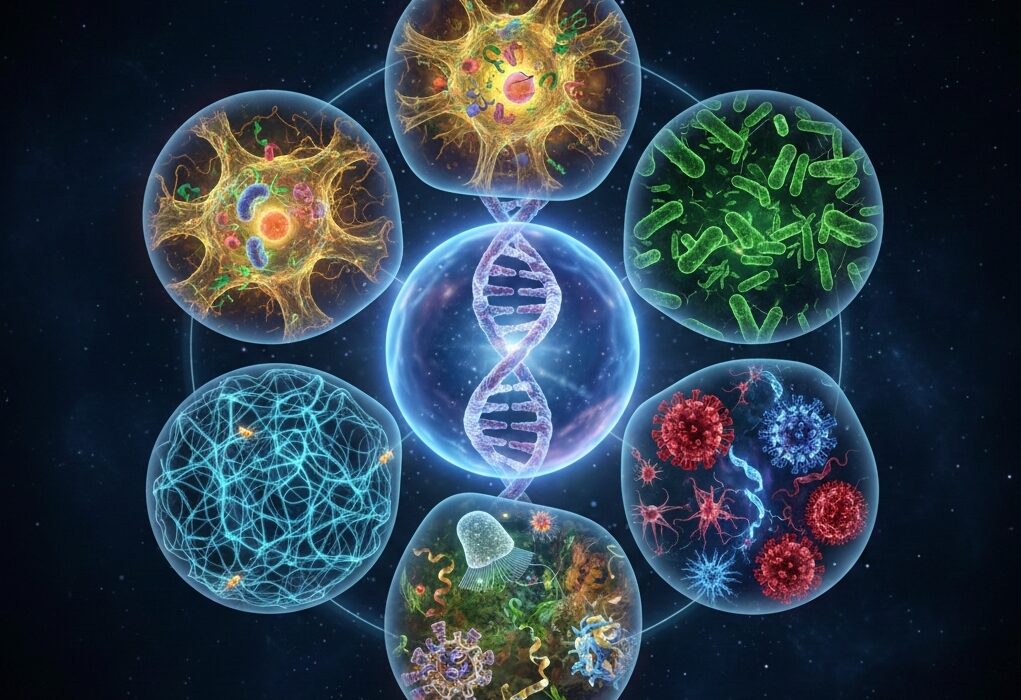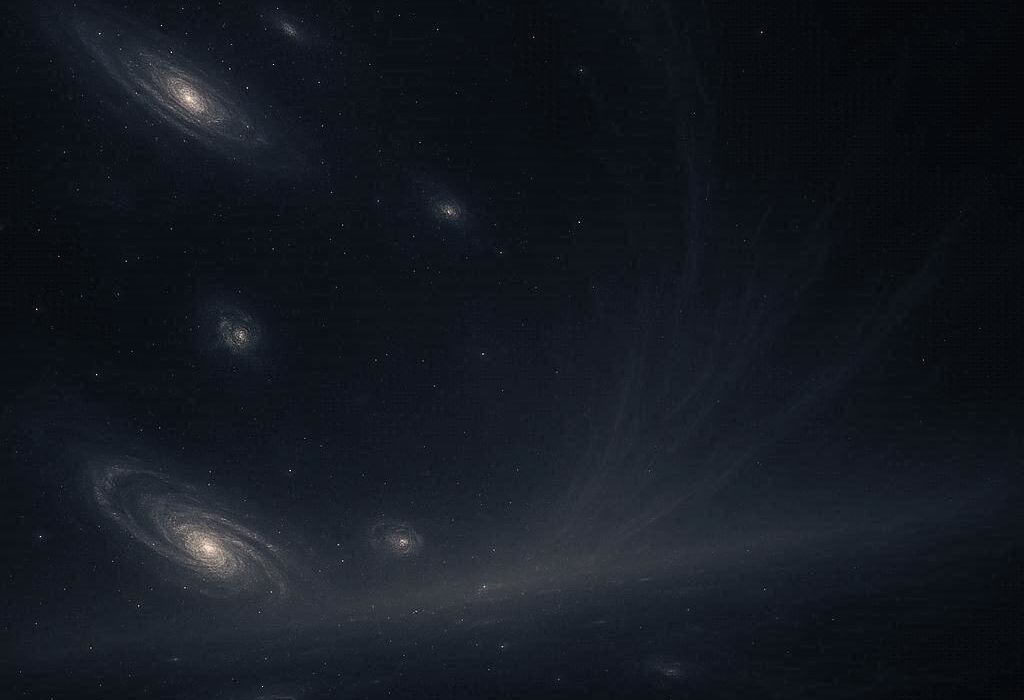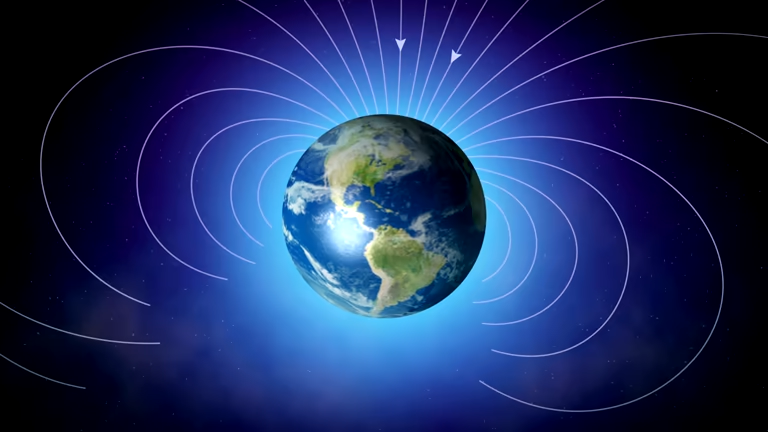There are questions that burn like fire in the human imagination—questions that tug at the threads of both science and philosophy, forcing us to confront not only the vastness of the universe but also the limits of our understanding. Among these, few are as haunting as the mystery of black holes.
Black holes are not just celestial objects; they are enigmas carved into the very structure of spacetime. They are the places where gravity grows so fierce that even light cannot escape. They are regions where time itself bends, where space twists, and where the laws of physics break down in ways that seem almost surreal.
But beyond their terrifying physics, black holes spark a deeper, more audacious question: could they be gateways—portals leading to other realities, other universes, or dimensions beyond our own? Could the very monsters of the cosmos also be the doorways to unimaginable worlds?
The answer is not simple, nor is it fully known. Yet in the tension between knowledge and mystery lies the beauty of science, a beauty that makes black holes not just objects of terror, but also symbols of possibility.
What We Know About Black Holes
To understand whether black holes could be gateways, we must first understand what they are. A black hole begins when a massive star collapses under the weight of its own gravity. In the final act of its life, the star implodes, compressing its mass into a singularity—a point of infinite density where our known laws of physics break down. Surrounding this singularity is the event horizon, the invisible boundary beyond which nothing, not even light, can return.
From afar, black holes are silent, invisible predators, detectable only through the way they bend light, distort space, and devour matter. Yet up close—at least in theory—they are maelstroms of unimaginable extremes. Time slows to a crawl near their edges. Gravity becomes absolute. Energy spirals in furious jets.
But here is where things become stranger: if physics as we know it cannot fully describe what happens inside a black hole, then perhaps the unknown invites possibilities. And one possibility that has captured both physicists and dreamers alike is that black holes may connect us to something beyond our universe.
The Mystery of the Singularity
The singularity at the heart of a black hole is not just a point of infinite density—it is a breakdown in our equations, a place where our understanding collapses along with matter. General relativity, Einstein’s great theory of gravity, describes black holes beautifully—until we reach the singularity. At that point, the mathematics shatters into infinities, signaling that our theory is incomplete.
Some physicists argue that this singularity may not be a physical reality at all, but rather a sign that a deeper theory is needed—something that merges general relativity with quantum mechanics, the physics of the very small. In this yet-unknown “theory of everything,” singularities may not be points of infinite collapse, but gateways to other structures of spacetime—bridges, tunnels, or even entirely different universes.
It is here, in this collision between known science and the great unknown, that the idea of black holes as portals begins to emerge.
Wormholes: Theoretical Bridges Through Spacetime
The concept of wormholes provides one of the most fascinating ways to imagine black holes as gateways. A wormhole is a hypothetical tunnel through spacetime, a shortcut connecting two distant points in the universe—or perhaps even two separate universes altogether.
In theory, certain solutions to Einstein’s equations suggest that a black hole could be linked to a white hole—an object that expels matter instead of swallowing it. Together, they could form the two ends of a wormhole. If such structures exist, then falling into a black hole might not mean being crushed at a singularity, but rather traveling through a cosmic passage to somewhere else.
The challenge, of course, is stability. Wormholes, if they exist, would be inherently unstable, prone to collapse the moment anything passes through. Some theories suggest that exotic matter—substances with negative energy density—could hold them open. But exotic matter remains speculative, unobserved in the natural universe.
Yet the mathematics does not forbid wormholes, and so the possibility remains tantalizing. Could the monsters of spacetime also be the hidden doors that connect the cosmic labyrinth?
The Quantum Puzzle of Information
Another reason black holes provoke speculation about other realities lies in their relationship with information. According to quantum theory, information about the physical state of matter cannot be destroyed. Yet black holes seem to do exactly that: they swallow matter and radiation, leaving behind nothing but darkness. What happens to the information contained in that matter?
Stephen Hawking famously proposed that black holes emit radiation—now called Hawking radiation—causing them to eventually evaporate. But if a black hole disappears, where does the information go? Does it leak out slowly in the radiation? Does it remain encoded on the event horizon, as some physicists suggest in the “holographic principle”? Or is it transported elsewhere—perhaps even into another universe?
This information paradox is not just an academic puzzle—it is a crack in our understanding of reality itself. If information can escape or be transported through black holes, then perhaps black holes are not dead ends but pathways to new domains of physics, new realms of existence.
Black Holes and the Multiverse Hypothesis
The notion of black holes as gateways gains even more weight when paired with the idea of the multiverse—the hypothesis that our universe is not the only one, but one of many, perhaps infinite, universes. In some cosmological models, the birth of new universes could be seeded by black holes.
Imagine: each time a black hole forms in our universe, the singularity does not collapse into nothingness, but instead “buds off” a new universe on the other side. To us, the black hole looks like a bottomless pit. But from within, it could be the big bang of another reality, with its own space, time, and physical laws.
If this is true, then our own universe could have been born from the singularity of a black hole in some parent universe. The cosmos would not be a single, isolated entity, but a branching tree of universes, connected by the mysterious throats of black holes.
Time, Space, and the Nature of Reality
Speculating about black holes as gateways also forces us to confront deeper philosophical questions: what is space? What is time? Are they absolute realities, or emergent properties that can bend, twist, and even break under extreme conditions?
Near a black hole, time slows down relative to the outside world. For someone falling into a black hole, time might pass normally, while to an observer outside, they appear frozen forever at the edge. This distortion hints that black holes are not just objects—they are laboratories of reality itself, places where time and space can be reshaped in ways that border on the surreal.
If time and space can be bent into tunnels or ruptured into new realities, then black holes might indeed be the gateways our imagination dares to see in them.
The Emotional Gravity of the Unknown
Why are we so drawn to the idea of black holes as portals? Perhaps because they embody the dual nature of human experience: fear and wonder, destruction and creation, the known and the unknown. Black holes are terrifying—they can tear apart stars, swallow light, and warp the universe. Yet they are also beacons of possibility, reminding us that reality is larger, stranger, and more beautiful than we can imagine.
They speak to the same part of us that once looked at the ocean and wondered what lay beyond the horizon, or gazed at the night sky and wondered if we were alone. Black holes are the ultimate horizon, the cosmic edge of knowledge. To dream of them as gateways is to embrace the possibility that there is always more beyond the darkness.
The Limits of Science and the Boundlessness of Imagination
It is important to remember: we do not know if black holes are gateways. The evidence is incomplete, the theories untested, the mathematics uncertain. It may be that black holes are only what they appear to be—regions of collapse, cosmic tombs where matter and energy vanish.
But science thrives not only on certainty, but on imagination. Every great discovery began as a daring question, a willingness to peer into the unknown and ask, “what if?” To imagine black holes as portals is not to escape science, but to push it toward its next frontier.
Even if the answer turns out to be no, the journey of seeking that answer will deepen our understanding of reality. And if the answer is yes—if black holes truly are gateways—then our place in the cosmos is more extraordinary than we ever dared dream.
The Endless Horizon of Black Hole Mysteries
Black holes challenge us because they are not only physical objects but philosophical mirrors. They ask us: what is reality? What are the limits of knowledge? What lies beyond the boundaries of our universe?
Could they be gateways to other realities? We cannot yet say. But what we do know is that black holes represent the most profound mysteries of the cosmos, mysteries that may one day reshape not only our science but our understanding of existence itself.
Until then, we stand at the edge of knowledge, gazing into the abyss, knowing that the abyss gazes back—not with emptiness, but with infinite possibilities.






